252 resultaten gevonden
Skip results of view Verhalen over data
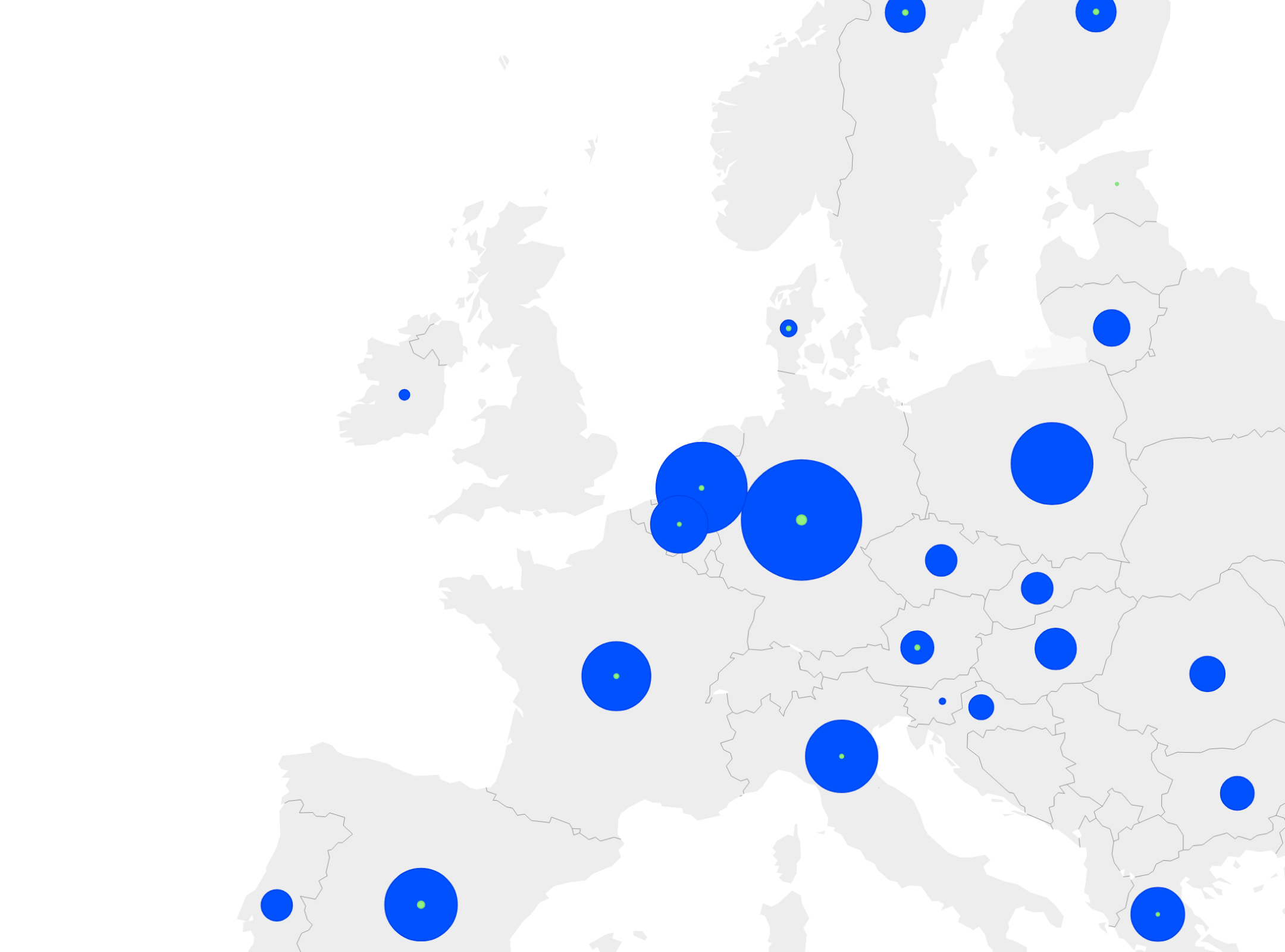
- Data Story
Hydrogen is the simplest and most abundant element in the universe and can be a versatile energy source once separated from other elements. It can be produced from many resources, including fossil fuels, nuclear energy, biomass and renewable energy sources. When burned, hydrogen emits only water. However, producing it from fossil fuels like coal and natural gas results in significant carbon...
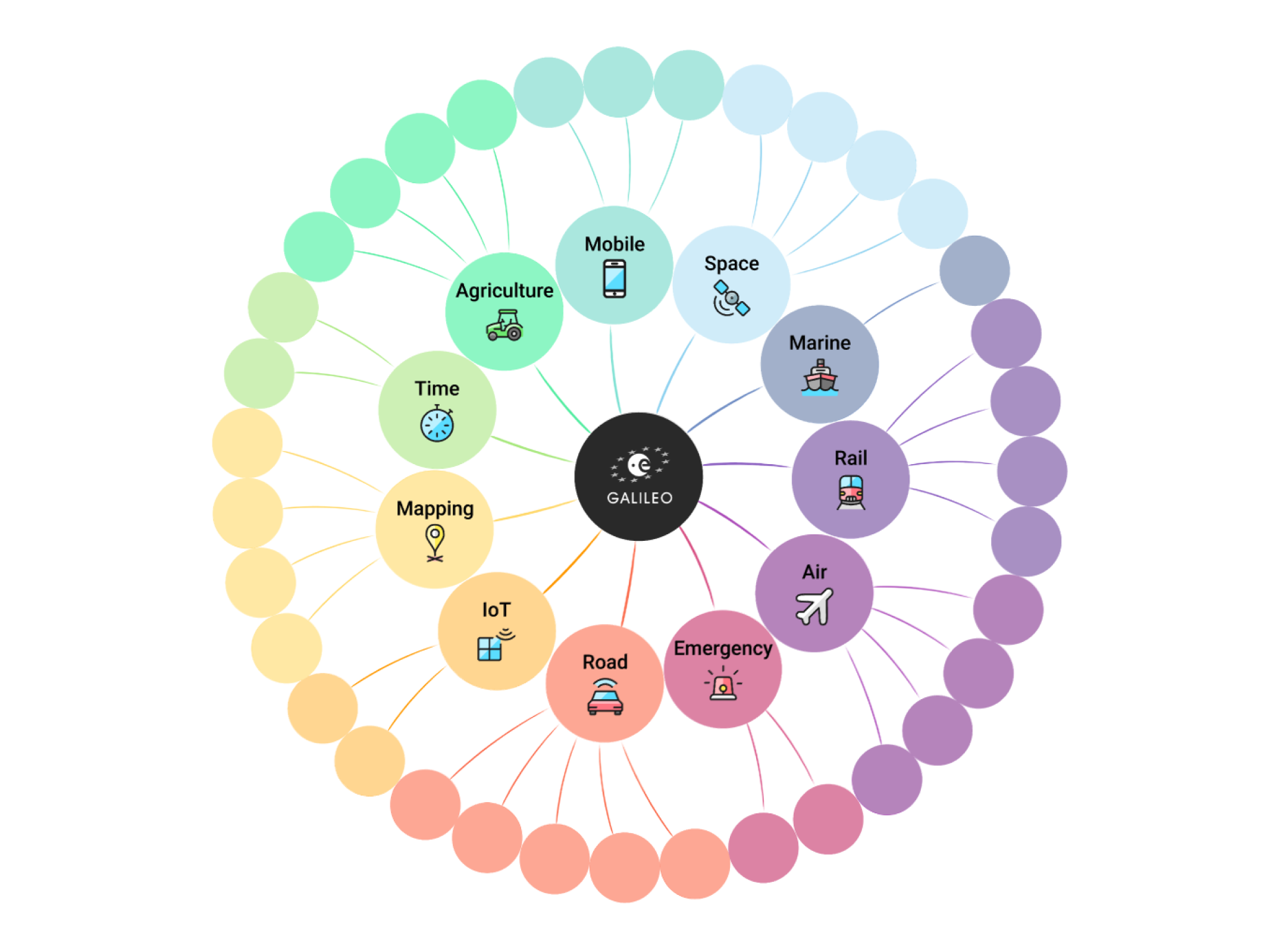
- Data Story
Space technology plays a crucial role in our daily lives, contributing to a digital, green and resilient future. Satellites provide vital data and services, including weather forecasts, broadband internet access, GPS navigation and support in areas like agriculture, crisis response and climate change mitigation. In line with the EU’s ambitious plans for environmental and digital transformation...
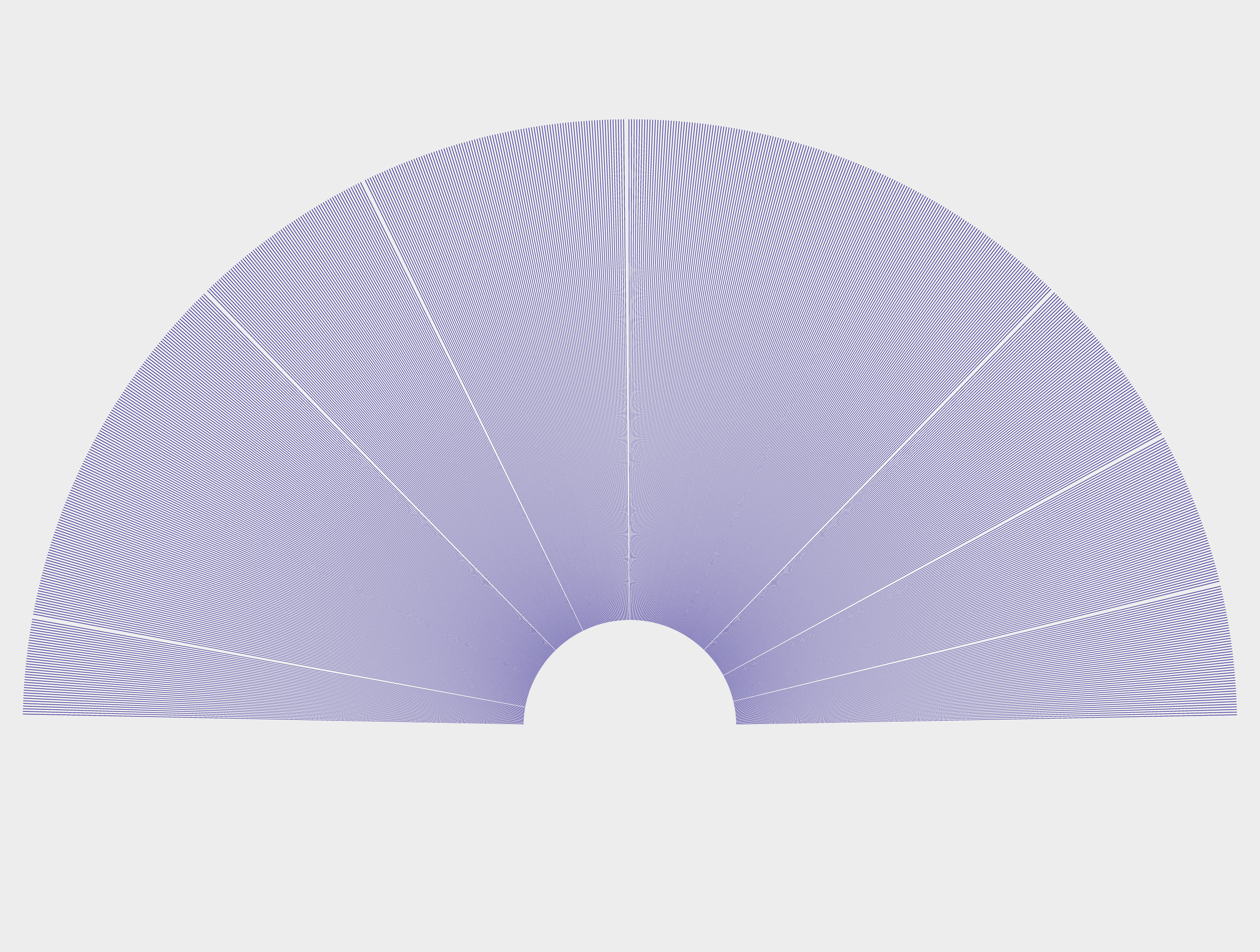
- Data Story
In the European Parliament elections, citizens have the opportunity to choose their direct representatives at EU level in the European Parliament . Comprising Members of the European Parliament (MEPs) elected in each EU Member State, the European Parliament is the world’s only directly elected transnational assembly . The number of MEPs per Member State follows a degressive proportionality model...

- Data Story
At data.europa.eu, we focus on multiple dimensions of data, including how regional and national data portals contribute to Europe’s digital strategy and the transition to a data-driven society. Today, we will take a look at a real use case: the new open by dat a competence centre ( oc.bydata ) in Bavaria, an initiative dedicated to enhancing the accessibility, usability and integration of open...
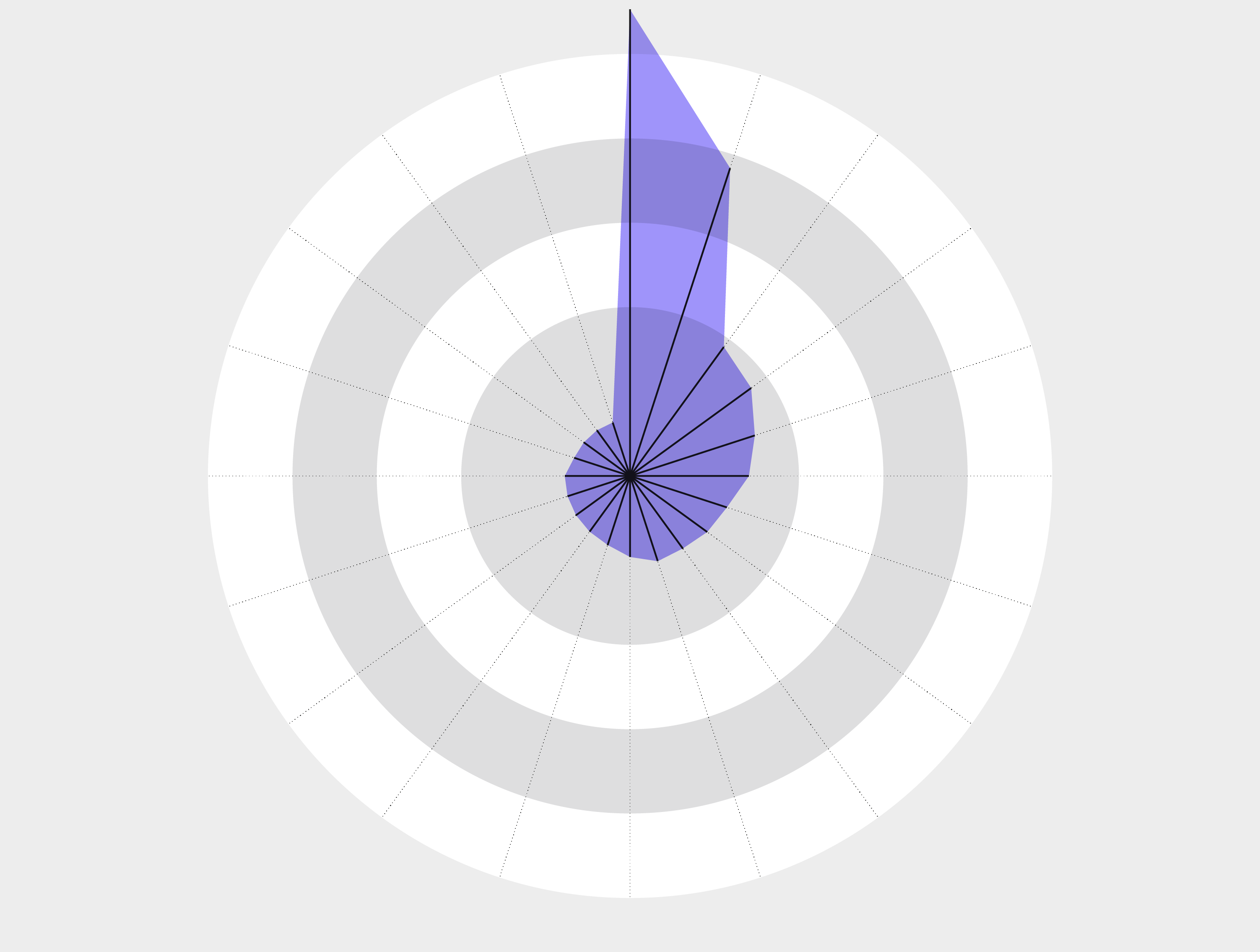
- Data Story
The Council of the European Union is one of the three main institutions involved in EU decision-making . It comprises ministers from each EU Member State who negotiate and adopt legislative proposals together with the European Parliament. The Presidency of the Council rotates every 6 months. Following the end of the Spanish Presidency in December 2023, Belgium assumed the presidency from 1 January...
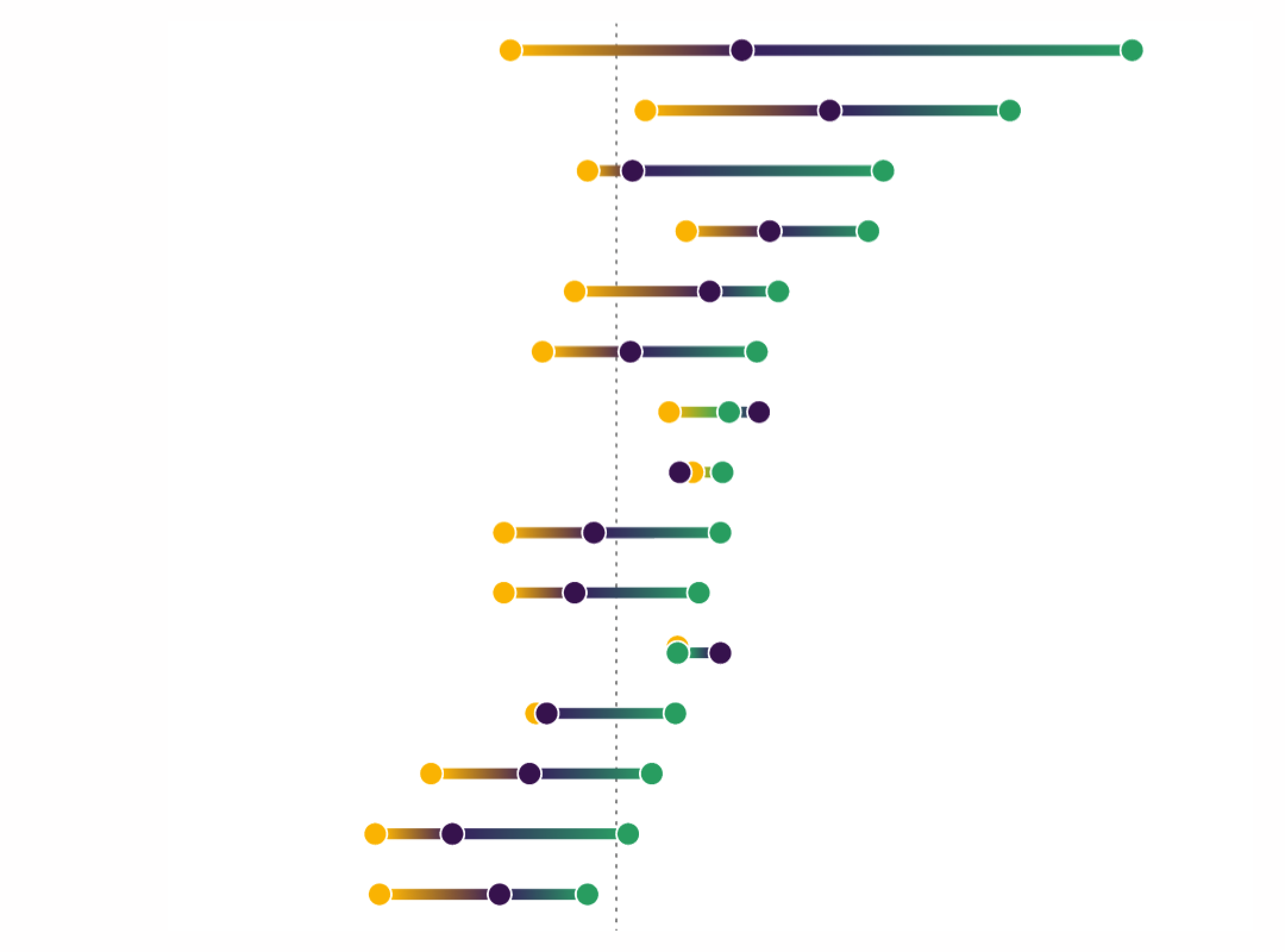
- Data Story
In the EU, agriculture and rural development encompasses the policies and practices that support farmers, food security, the environment, and rural areas. Many of these initiatives are established under the Common Agricultural Policy (CAP) , which is the oldest policy in the EU , first introduced in 1962. The CAP represents a partnership between agriculture and society, as well as between Europe...
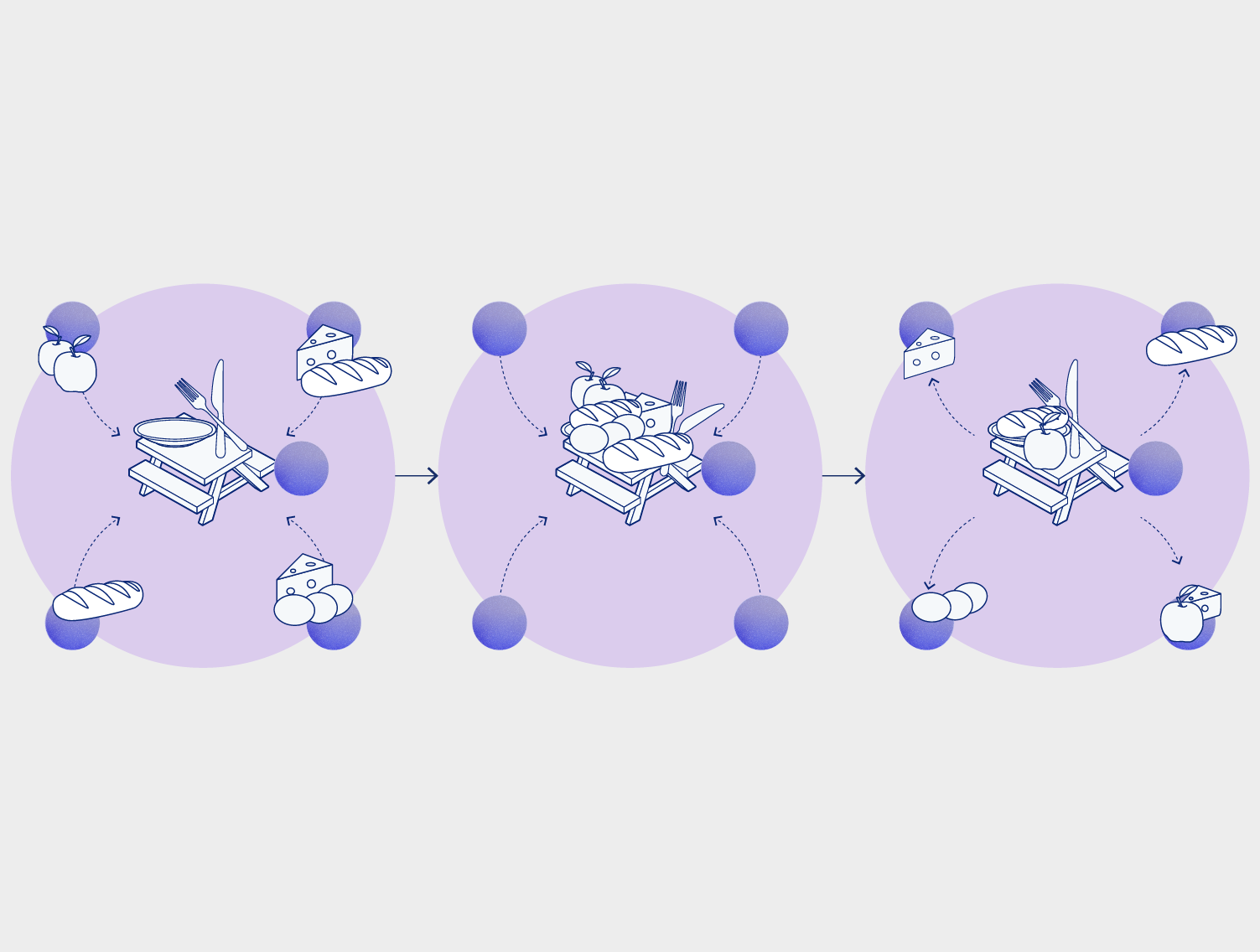
- Data Story
The European data strategy sets out the vision of creating a single market for data where it can flow freely within the EU and across sectors. The creation of EU-wide, common, interoperable data spaces in strategic sectors is a pillar of the data strategy and will help overcome existing technical and legal barriers to data sharing and unleash the potential of data. These data spaces will bring...
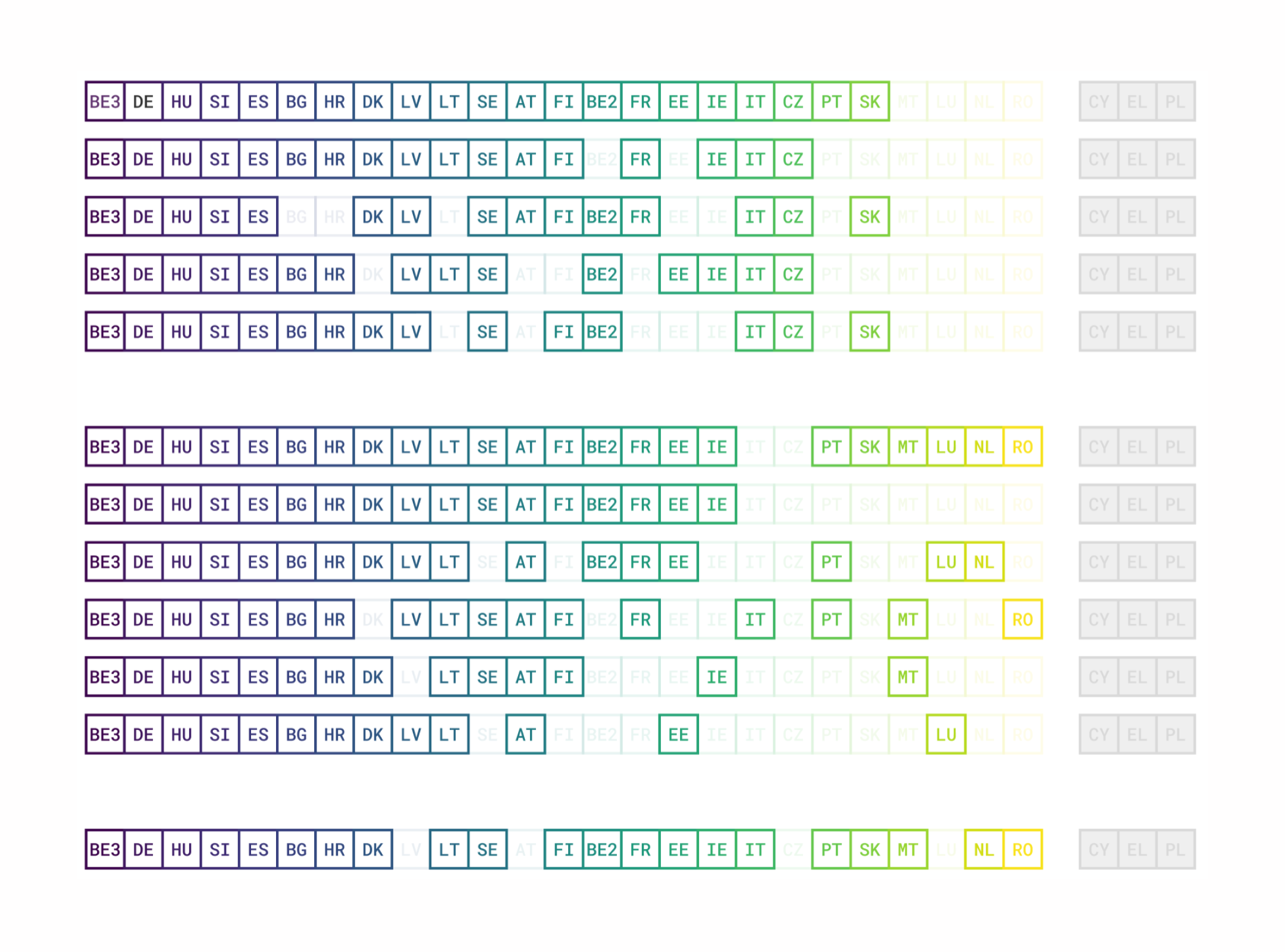
- Data Story
The farm-to-fork strategy is one of the pillars of the European Green Deal , which strives to make Europe the first climate-neutral continent. In this regard, the farm-to-fork strategy strives to accelerate the European Union’s transition to a sustainable food system. A sustainable food system includes schemes such as creating a sustainability labelling framework that aligns with other initiatives...
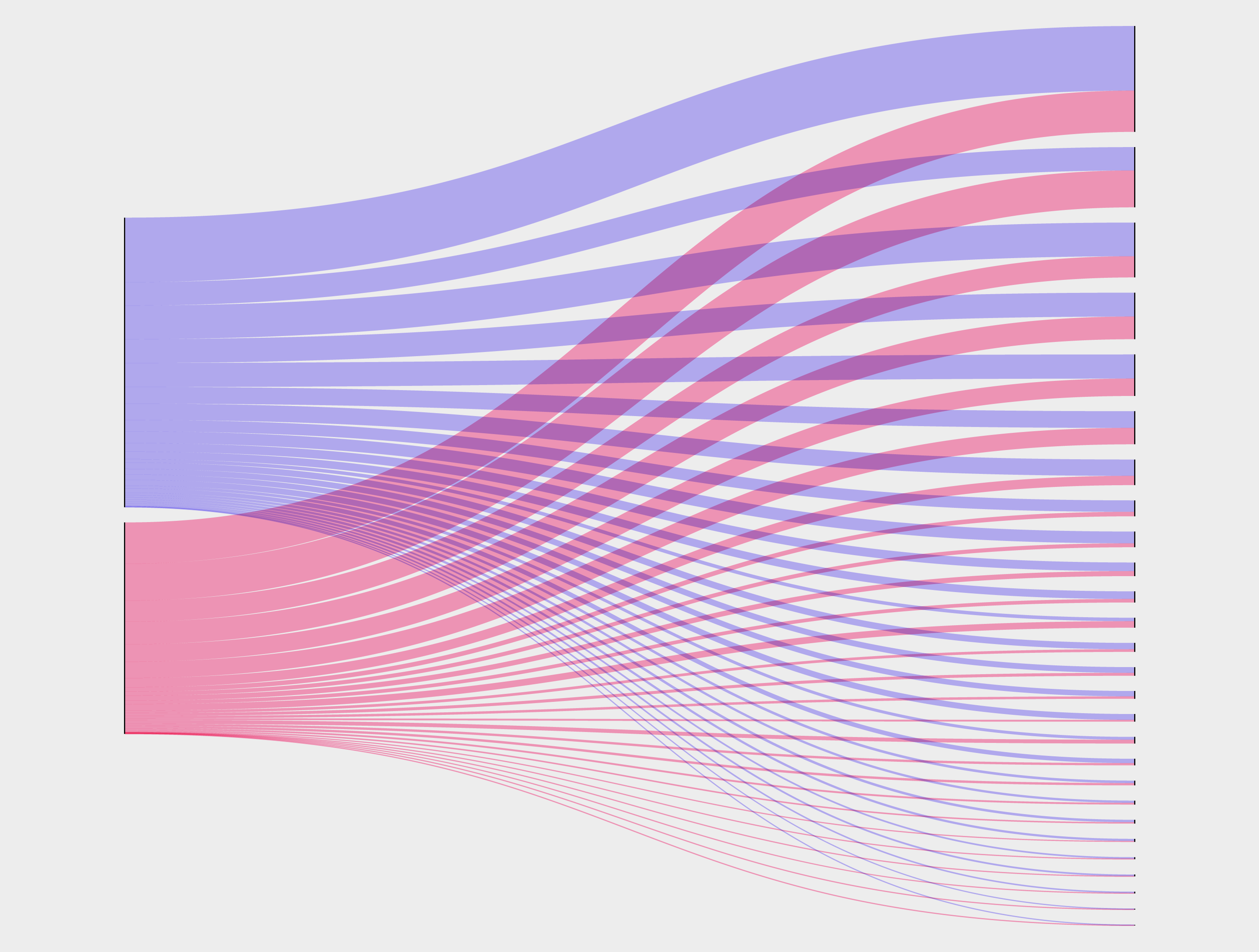
- Data Story
The European Union implemented a new trade policy in 2022, aiming to transform its economy. This policy represents a shift towards an economy that is robust and responsive, focusing on three main goals: supporting the EU’s economic recovery, aligning with green and digital initiatives, and reshaping global trade for fairness and sustainability. Data is crucial for comprehending the complexities of...
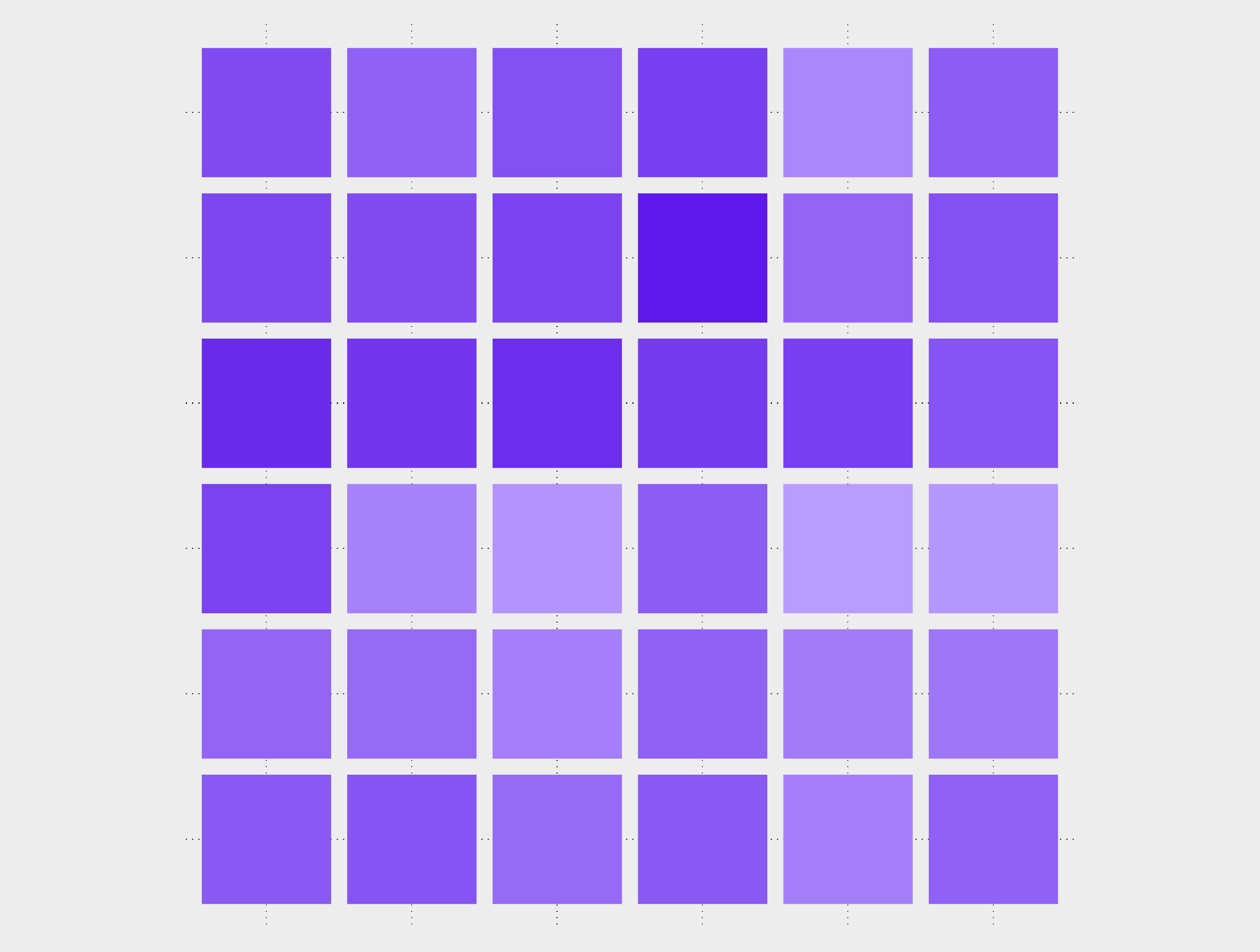
- Data Story
The open data maturity (ODM) assessment by data.europa.eu measures the progress of European countries in making public sector information available and stimulating its reuse. The results show the level of maturity of the participating countries and support the development and sharing of best practices regarding open data across Europe. A total of 35 countries participated in the ninth consecutive...
